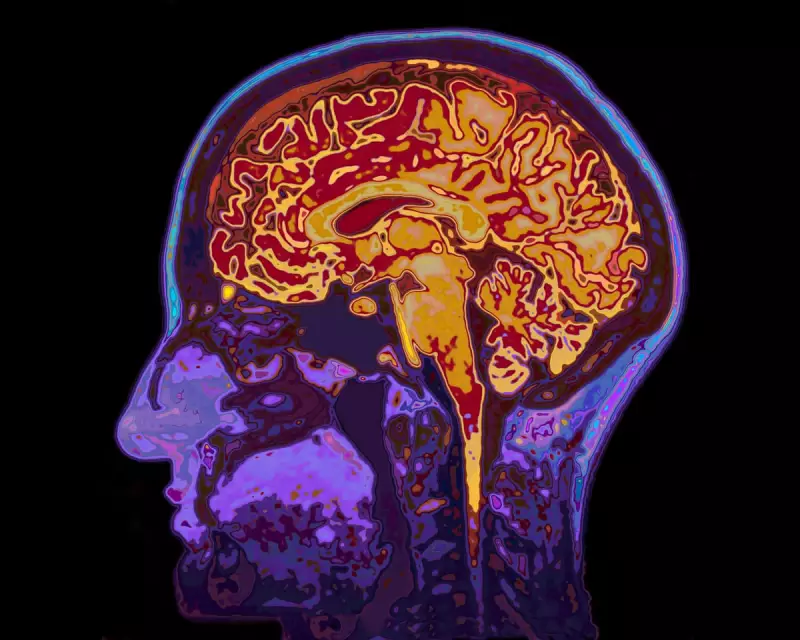
Ever experienced that frustrating moment when your mind goes completely blank during an important meeting or conversation? New research from the University of Bristol has uncovered exactly what happens inside our brains when tiredness causes these attention failures.
The Brain's Communication Breakdown
Scientists have discovered that sleep deprivation doesn't just make you feel groggy - it fundamentally disrupts how different regions of your brain communicate. Using advanced brain scanning technology, researchers observed how tired brains struggle to maintain coordinated activity between key networks responsible for attention and focus.
The study reveals that when we're exhausted, our brain's executive control network - the system that helps us concentrate - becomes less effective at suppressing the default mode network, which is typically active when our minds wander.
More Than Just Feeling Sleepy
This isn't simply about struggling to keep your eyes open. The research shows that even mild sleep deprivation can cause measurable changes in brain connectivity that lead to:
- Increased frequency of attention lapses
- Slower reaction times
- Reduced cognitive performance
- Memory retrieval difficulties
"What we're seeing is a breakdown in the brain's ability to coordinate its activities properly," explained one of the lead researchers. "It's like an orchestra where different sections are playing out of sync."
Real-World Implications
These findings have significant implications for workplaces, healthcare, and transportation safety. Understanding how fatigue affects brain function could lead to better safety protocols for night-shift workers, healthcare professionals, and drivers.
The research also suggests that simply pushing through tiredness might be counterproductive, as the brain's fundamental communication systems are compromised during sleep deprivation.
As one researcher noted, "This isn't about willpower - it's about biology." The study provides compelling evidence that getting adequate sleep isn't just beneficial for overall health, but essential for maintaining basic cognitive function and safety in our daily lives.





